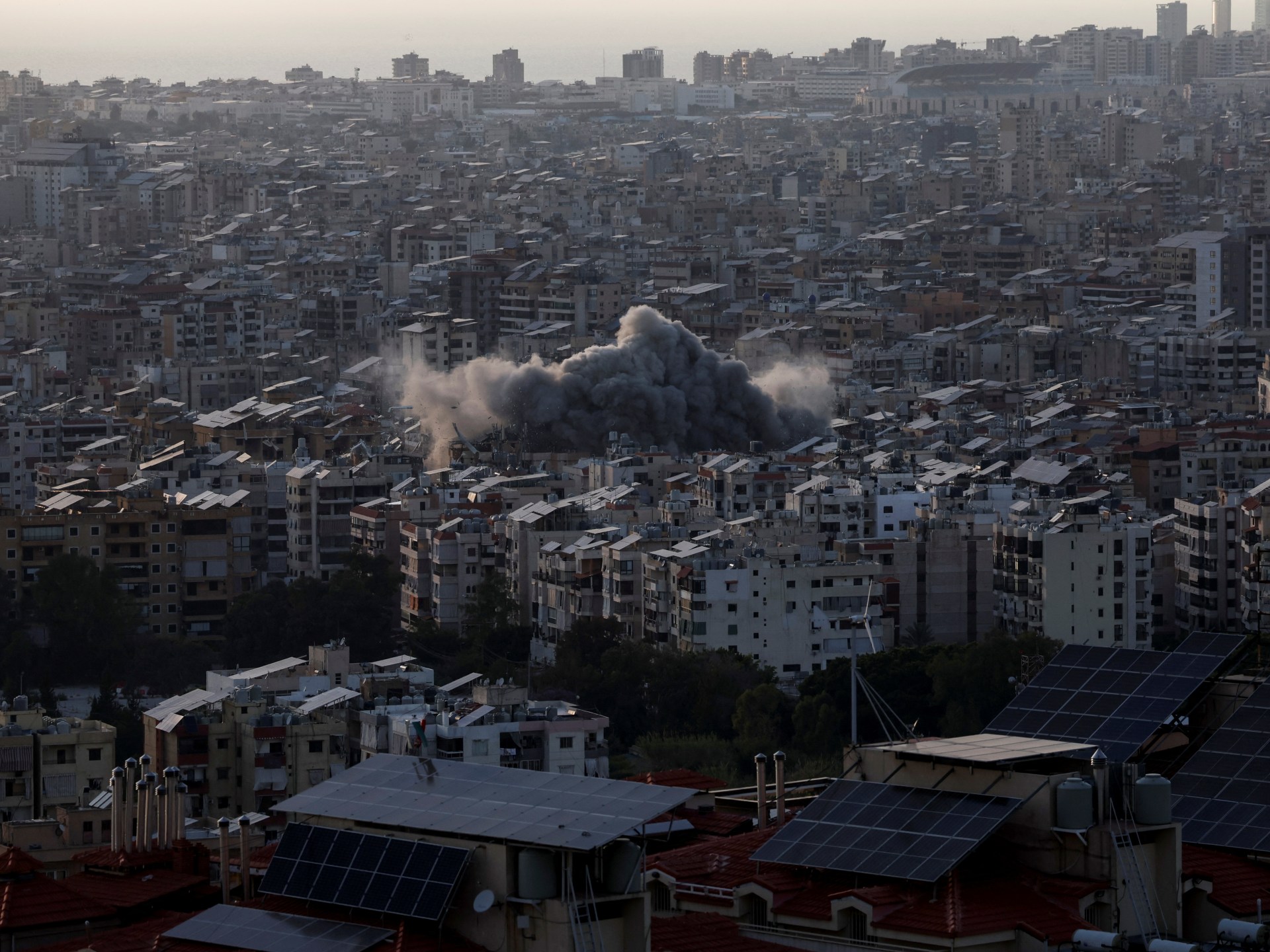The Israeli attack on Beirut’s southern suburbs comes after it issues an evacuation order, marking the third Israeli offensive against the Lebanese capital since a late November ceasefire was in effect.
After the Sunday strike, a huge cloud of smoke erupted over the area. No immediate notification of the casualties.
Joseph Aoun, the president of Lebanon, criticized the airstrike and demanded that Israel be forced to halt its attacks in the name of France and the United States, who are the guarantors of the Israel-Hezbollah ceasefire on November 27. In recent weeks and months, Israel has attacked the capital and southern Lebanon in addition to breaking the truce.
Aoun claimed that Israel is “real dangers to the security” of the region by escalating tensions and undermining stability in Lebanon.
According to the Israeli military, the attack in Beirut “adopted an infrastructure where Hezbollah kept precision missiles” in storage. It failed to provide supporting evidence. Following the Israeli attack, no additional explosions were reported.
Local media outlets have published video that was immediately captured during the bombardment. Al Jazeera has checked this video:
بالفيديو: دخان كثيف يتصاعد من “الهنغار” المُستهدف في منطقة الحدث بالضاحية الجنوبية pic. twitter.com/nLle4DuG8I
“Damage is widespread”
Zeina Khodr, a journalist for Al Jazeera in Beirut, reported that the site had been targeted a short while ago, but there was much chaos and that we were told to leave.
“The damage was extensive, affecting both nearby structures as well. She continued, “Cars were damaged, windows were blown out, and glass was on the floor.”
According to Khodr, “This strike did come with a warning but without any provocation.” Since Israel and Hezbollah made a ceasefire in Beirut back in November, the southern suburb of the city has been hit before, but this time there was no rocket fire. So people in this country worry that Israel is changing the engagement rules, saying that there are no longer any red lines and that this could start an escalation.
Pinging the intelligence system
The Israeli attack on Beirut and the subsequent warning, according to Elias Hanna, a retired Lebanese army general, may have been intended to gather information about Hezbollah.
According to Hanna, this process is known as “pinging the system.”
He said, “You send the warning if you have information about specific individuals or organizations,” and you’ll see how these leaders or officials will respond. Do they intend to relocate?
According to Hanna, the operation could confirm or refute certain information, creating a “win-win” situation for intelligence gathering.
Israeli drones and fighter jets regularly bombarded Beirut’s southern suburbs, where Hezbollah has a lot of influence and support, throughout the year-long conflict. Secretary-General Hassan Nasrallah was one of the top Hezbollah figures killed by Israel.
Source: Aljazeera

Leave a Reply